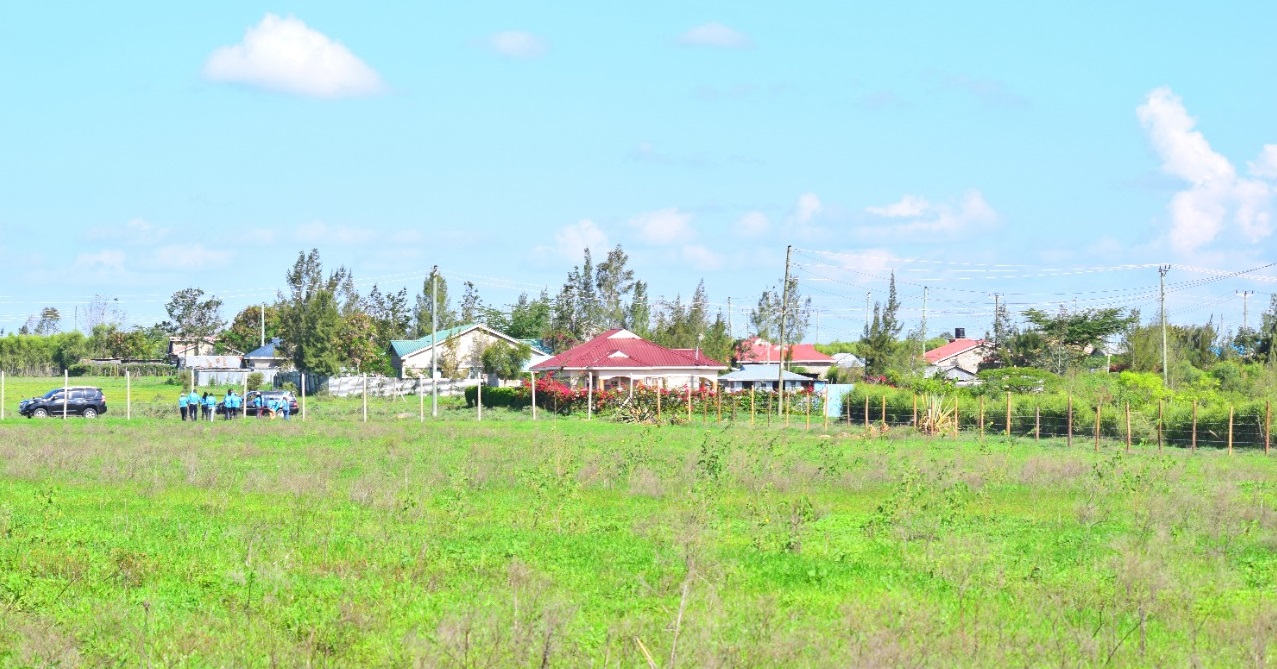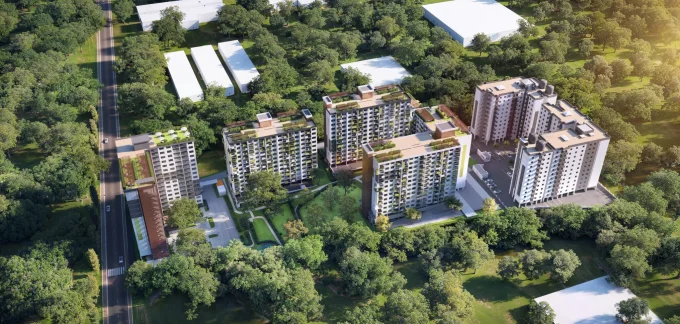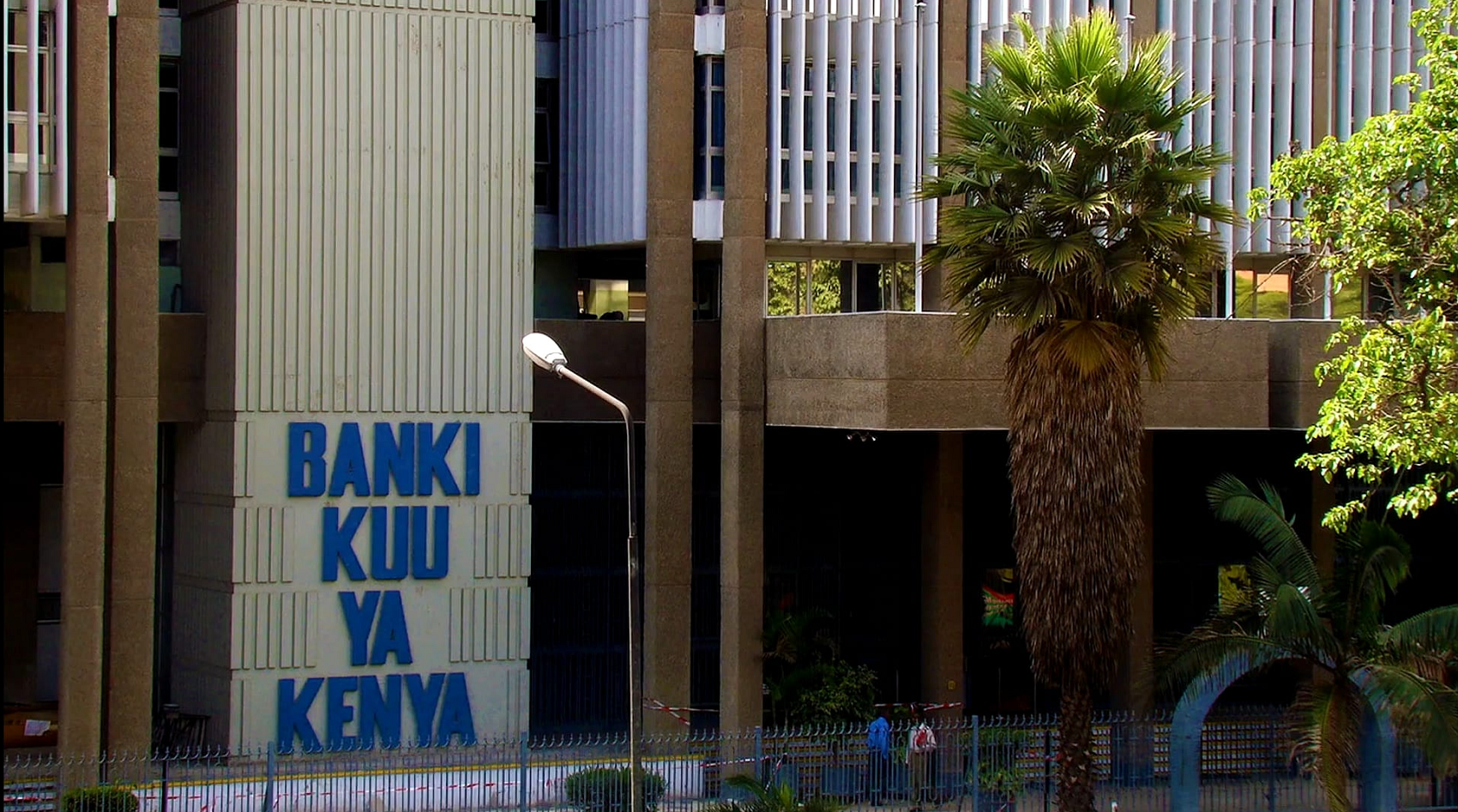The prevailing economic situation is creating opportunities for some while those who have been enjoying the opportunities have to adjust to keep afloat.
Some of those making the adjustments include those in the housing sector who have had to contend with their properties not getting buyers at the current prices.
While many are still denying that Kenya has not experienced a real estate bubble burst, the reality is that some of the areas have already burst theirs and the only option now is the sector correcting itself.
According to Kariuki Waweru, a practising valuer and author says that a real estate bubble burst in Kenya is hard to notice since the market is not uniform.
“The bubble bursts in different places but the general picture is that in Kenya the bubble is not going burst. However, some sub-markets have already experienced the bubble burst and they are struggling,” Kariuki says.
He adds that Kenya’s real estate sector is highly segmented and that the sector is still far off from experiencing a burst.
“Some places like Kilimani and Kileleshwa have already experienced a bubble. There is a time when if you built apartments the rents were good and it was easy to sell them off-plan. People were making very good returns,” says Kariuki.
Kariuki states that a bubble bursts when one buys an overpriced property which they cannot later sell unless they have to dispose of it at a lower price.
House Prices Stuck in the Red
According to the Kenya Bankers Association (KBA), the housing market remained depressed with prices being in the negative territory for 4 consecutive quarters to the end of 2019.
KBA’s House Price Index (KBA-HPI) house prices contracted by 0.61% during the fourth quarter compared to 2.28% in the previous quarter.
The outlined evolution of house prices evidently points to a market correction that follows sustained but modest price increases that had been seen over the past 5 years.
“The recent trend in changes in house prices is in line with the softening of the economy and is a manifestation of the interplay between weak demands driven by the tepid disposable income growth and supply-side conditions,” notes the report.
This is on the back of the elevated real estate and construction sector Nonperforming Loans (NPLs) feeding into constrained credit growth to the sector.
In addition, the sustained decline of house prices coincides with the rising distressed properties overhang.
This has further shaped market expectations and sentiments in a manner that buyers are unwilling or unable to pay the current asking prices, and thus vendors are dropping their asking prices.
This negative feedback loop has thus clouded the housing market outlook and led to price rediscovery in favour of a downward correction.
Regions, Segments and Preferences
The inter-quarter sub-regional indices show significant downside price movements, with apartments in Region 2 which comprises of Thindigua (Kiambu Road), Kiambu, South B, South C, Kabete, Komarock, Imara Daima, Membley, Buruburu, Rongai, Waiyaki Way (Uthiru, Regen, Kinoo, Kikuyu), Mbagathi Road, Ngong Road and Langata registering the highest decline compared to Region 1.
Conversely, modest price appreciations were registered for bungalows in Region 1, albeit not sufficient to compensate for the decline in the other two regions.
Athi River, Mlolongo, Mavoko, Nakuru, Ngong, Ruaka, Syokimau, Embakasi, Kahawa Wendani, Thika, Mtwapa, Utange, Kitengela, Kiembeni, Nyeri, Likoni, Eldoret, Ruiru, Kilifi,Thika road (Kasarani, Roysambu, Ruaraka), Meru, Bungoma fall under region 1.
Apartments continue to dominate the market
At the top end of the market, there has been a run for apartments with the activity in the upmarket and middle-income markets muted as price correction trend continues.
Whereas apartments dominated the market, its market share declined by 11% from 85% in quarter three to 74% during quarter four of 2019.
The share of Maisonettes bottomed out by 7% from 10% during quarter three to 17% during quarter four. On the other hand, the share of bungalows was subdued at 9%.
From the KBA report, there is a relationship between plinth area and house prices which points to the observation that homeowners who seek house units with a bigger plinth area eventually must contend with higher prices as do those seeking units with more bedrooms and bathrooms.
Second, the number of floors is inversely related to house prices. This illustrates the fact that people prefer low-density buildings over higher ones as high densities are seen as being not only overcrowded but also lacking in privacy and tranquillity and therefore suggest lower property prices for high-rise buildings when compared to those in low-rise buildings, with all other things being equal.
Third, location matters for house prices. Houses in Region 3 were priced higher than those in Region 2 and Region 1.
Kileleshwa, Kilimani, Lavington, Westlands, Spring Valley, Riverside, Milimani (Kisumu), Milimani (Nakuru), Runda, Karen, Garden Estate, Parklands, Ridgeways, Muthaiga, Loresho, Kitisuru, Adams Arcade, Nyali, Mountain View, Nyari fall under region 3.
Lastly, the presence of social amenities and particularly, the swimming pool is associated with higher house prices relative to those lacking social amenities.
With the market now correcting itself, we can assume that Kariuki’s definition of what a bubble is could be happening in most Kenyan real estate sectors. As such, those who could not afford some properties due to price constraints can now afford them if the prices become favourable for prospective buyers.













Leave a comment